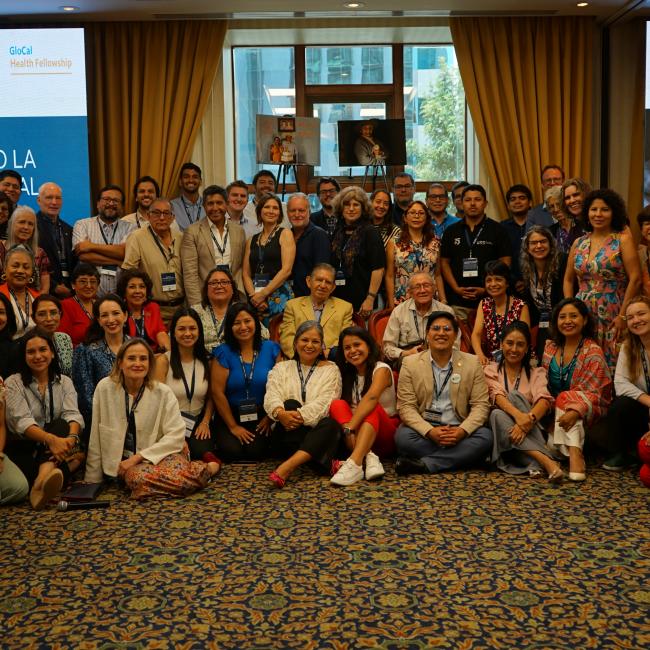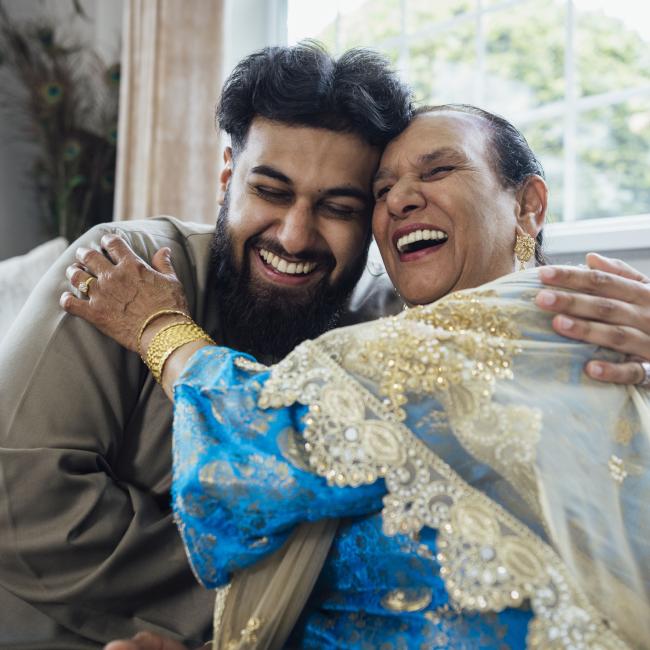New Video Series Supports Dementia Caregivers in Latin America
Imagine you have a job that carries risks of anxiety, depression, and isolation. Because of your efforts, you are likely to get little privacy or sleep. On top of all of this, the job is likely to come without any formal training or pay.
This scenario describes the reality for much of the world’s dementia caregiving population. For instance, in Cuba, about 75% of dementia caregiving is provided by family and friends. The majority are unpaid and less than 20 percent receive formal training.
Across Latin America—where a third of the population lives in poverty, combined with one of the world’s fastest growing elderly populations—countries are experiencing growing rates of dementia faster than most of the world, with 27 million cases in Latin America expected by 2050. The associated caregiver burden will continue to present significant challenges.
To address these challenges, the Global Brain Health Institute (GBHI) and the Alzheimer Research Center (Havana)—in collaboration with the UCSF Memory and Aging Center, Cuba Platform; and the Medical University of Havana—announced the launch of a new Spanish language video series for dementia caregivers, “Conversando con los Cuidadores.”
Developed by Jorge Llibre-Guerra, MD, Atlantic Fellow for Equity in Brain Health at GBHI, Conversando con los Cuidadores is a series of short videos that offer practical advice from real family caregivers who care for persons with dementia.
“This new resource, created with caregivers and for caregivers, highlights the challenges of caring for someone with dementia,” said Llibre-Guerra, a neurologist.
Modeled on Conversations with Caregivers, an English language series developed by Jennifer Merilees, Sarah Dulaney and Caroline Prioleau of the UCSF Memory and Aging Center and Christine Ritchie of Tideswell at UCSF, Conversando con Los Cuidadores is the first of its kind in Spanish. By emphasizing the role and experiences of caregivers, the videos are intended to help viewers manage common caregiving challenges.
Caregiving for someone with dementia—a general term for diseases that cause the gradual loss of ability to think, communicate and live independently—requires creative problem solving and significant resources, often provided by informal or family caregivers.
“To reduce the scale and impact of dementia worldwide, we have to reach the caretakers,” said Victor Valcour, MD, PhD, executive director of GBHI. “This series aims to do just that.”
Although dementia is a global problem, the caregiving experience can be different across regions and cultures. For instance, in the Global South—that is, low and middle income countries located in Asia, Africa, Latin America and the Caribbean—as well as within some Latino communities in the US, persons with dementia live in much larger households and tend to stay longer in the community.
Conversando con los Cuidadores is designed to relate to Spanish speaking caregivers throughout the Americas. By depicting a diverse range of caregivers, the series emphasizes that caregiving affects all social groups.
“We interviewed a diverse group of experienced caregivers,” said Llibre-Guerra. “Their stories and advice will provide a unique training resource for other caregivers facing similar situations.”
The videos consider critical issues for those who provide care for persons with dementia, including communication, personal care, and psychological and behavioral symptoms.
“We hope this series will help to improve caregiver knowledge about dementia and make them feel less lonely in the caregiving journey,” said Llibre-Guerra.
Conversando con los Cuidadores is available to view and share free of charge.
Authors

Niall Kavanagh
Communications Officer
GBHI Members Mentioned

Jorge Llibre Guerra, MD, MS
Behavioral Neurologist

Caroline Prioleau
Writer & Designer





